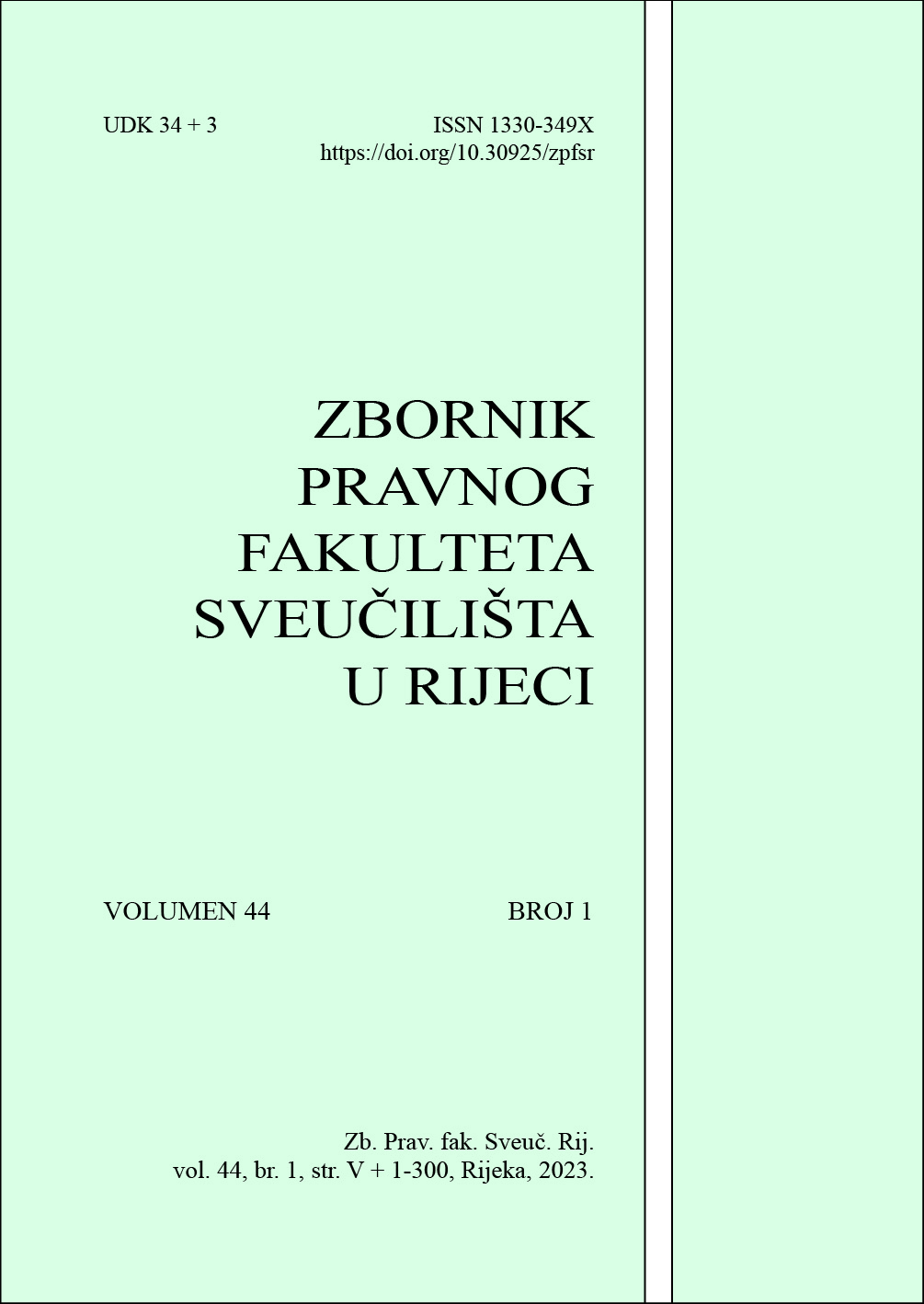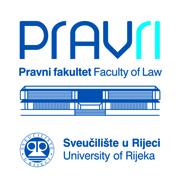EXCLUSION OF A MEMBER FROM A LIMITED LIABILITY COMPANY
DOI:
https://doi.org/10.30925/zpfsr.44.1.12Keywords:
exclusion of a member from a limited liability company, procedure, important reason for exclusion, compensation, legal fate of the excluded company member's business share.Abstract
Exclusion of a member from a limited liability company is applied in relation to a specific company member whose personal characteristics or behaviour endangers achievement of the company's goal and serves to protect the company and its other members. Its application is based on the legal nature of a limited liability company, which belongs to capital companies, but also has numerous personal elements typical for the companies based on partnerships. It is also based on the member's duty to act loyal towards the company and other company members. In case of breach of this duty, it is possible to exclude a company member from the company as a final measure. The exclusion procedure can be initiated by the company or other company members. This procedure can be regulated by the articles of association of the company or it can be initiated by a lawsuit before the competent commercial court. Exclusion can only be requested if there is an objective reason determined by the articles of association or an important reason. It is a company member′s behaviour that makes it impossible or significantly difficult to achieve a goal of the company, and as a result their remaining in the company seems intolerable for the company. The excluded company member is entitled to compensation for their business share in the company. The exclusion takes legal effect only after the compensation has been disbursed. The company decides on the legal fate of the excluded company member's business share.
Additional Files
Published
Versions
- 2023-12-21 (2)
- 2023-04-19 (1)
How to Cite
Issue
Section
License
Copyright (c) 2023 Dionis Jurić

This work is licensed under a Creative Commons Attribution-NonCommercial 4.0 International License.
Collected Papers is an open access journal. Journal does not charge article processing charges (APC) to authors. It is licensed under CC BY-NC licence 4.0.
Collected Papers of the Law Faculty of the University of Rijeka" is an Open Access journal. Users are allowed to read, download, copy, redistribute, print, search and link to material, and alter, transform, or build upon the material, or use them for any other lawful purpose as long as they attribute the source in an appropriate manner according to the CC BY licence.
The papers published in "Collected Papers of the Law Faculty of the University of Rijeka" can be deposited and self-archived in the institutional and thematic repositories providing the link to the journal's web pages and HRČAK.
Upon acceptance of the manuscript for publication by this journal, the author can publish same manuscript in other journals only with the permission of the Editorial Board (secondary publication). A repeated publication should contain a notice as to where the manuscript was originally published.



